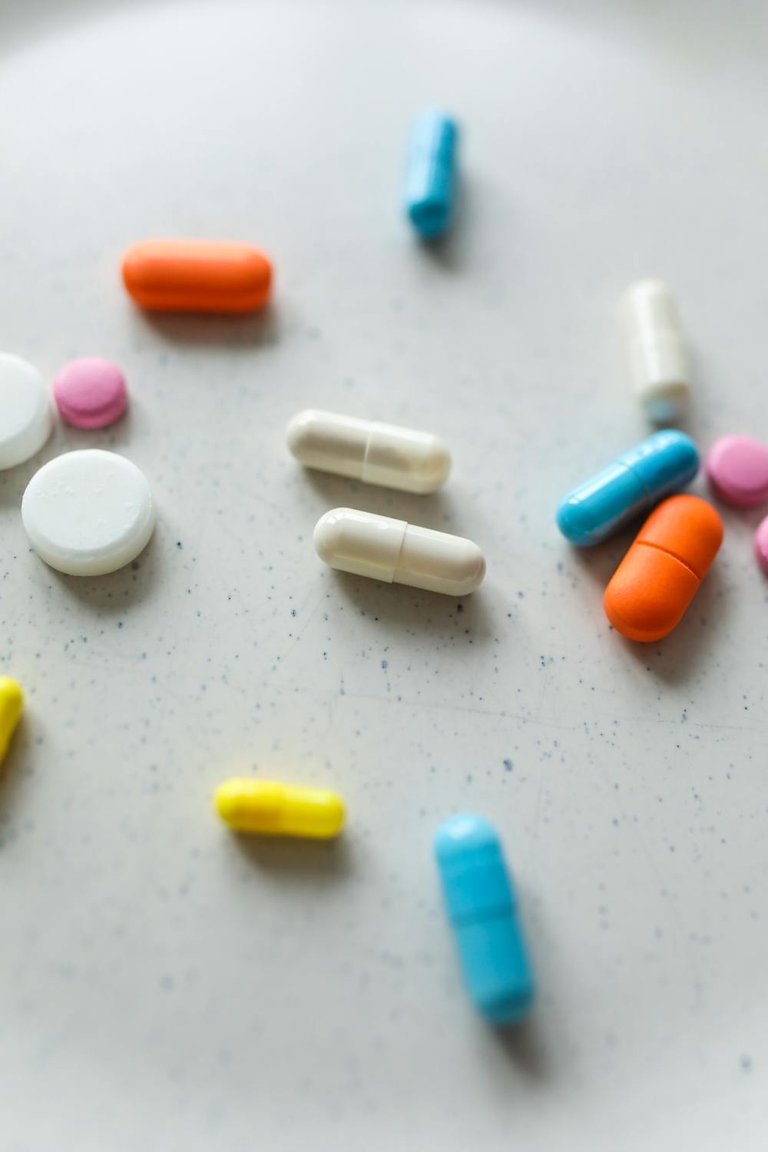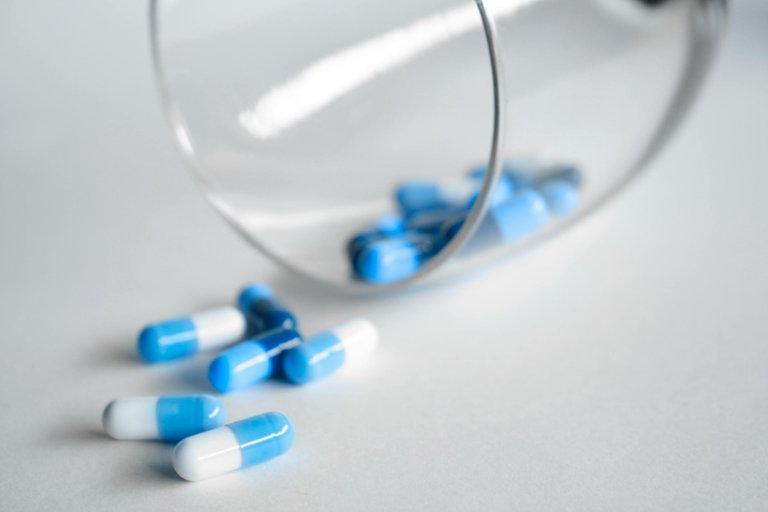For patients who know their reactionary status to drugs, we encourage them to state it to any physician they are seeing so alternatives can be prescribed. We go the extra mile to write on the patients in bold prints so any health worker would take extra caution. Medical practice has begun extra efforts to identify drugs causing unfavorable side effects, either in the short or long term. Thus, a unit in facilities, especially the secondary and tertiary facilities, is earmarked as the PHARMACOVIGILANCE unit to take records of all unfavorable or noticed side effects from drugs. On rare occasions, the side effects of some drugs could be what are needed for some conditions, while their original intentions could be overlooked. For some drug abusers, they readily opt for such use of side effects to their benefit.

Identical twins, though very similar in phenotype and maybe genetics, yet have differing reactions to substances and drugs ingested. No two individuals would particularly react to the same drug in the same manner. Some reactions could be temporary, while a few others could be prolonged in some patients. Some drug reactions could be mild, probably because of their dosage concentration, while others could exert their side effects or toxicity even with little quantity, sometimes depending on the genetic makeup of the individual.
During undergraduate, a good number of students take substances like Nescafe and other brain stimulants to prolong their wake periods, all because they have a lot to cover. Just like a worn-out machine, the brain could be stretched beyond limits and cause unfavorable side effects. Such students would often desire to take a nap after the prolonged deprived sleep and end up sleeping past their expected wake periods and, if unlucky, end up missing the examinations they had taken the pains to prepare for.

I don't have trouble sleeping; rather, I have a lot on my table to sort out, and this keeps me awake late into the night. The repercussions include but are not limited to throbbing headaches, and a medication I took to ameliorate the headache had the additional side effects of sleeping. I guess the drug is choosing to both treat the headache, which seemed to be my primary concern, and, in addition, induce sleeping, which is what I lack most times. For more than 48 hours now, the sleep is yet to fully clear from my head, making me useless for the better hours of the day.
Thus, every drug could react to our genetic makeup, sometimes unnoticed but other times, causing unfavorable reactions.
Thank you for reading. I would love to have your comments and contributions.
Posted Using InLeo Alpha